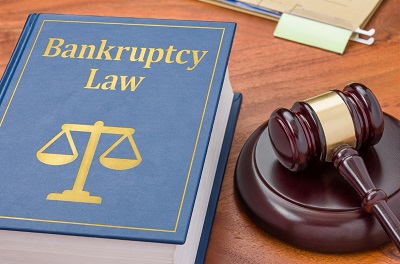
If you are a creditor and you are unable to recover loans from your borrowers then you should consider working with a debt collection service. However, you need to understand the different types of debt collection services available out there, with the main ones being services of a debt collection attorney and of a debt collection company. While they both may sound the same, there is a huge difference between the way they operate. Understanding Debt Settlement First and the foremost, it is imperative to understand how debt settlement works. Whether you hire an attorney or a company, they will work on your behalf to collect the debts from the borrowers by either cutting deals or filing suits in the court.
http://www.ruffilaw.com/debt-collection-attorney-vs-debt-collection-service-key-differences/









